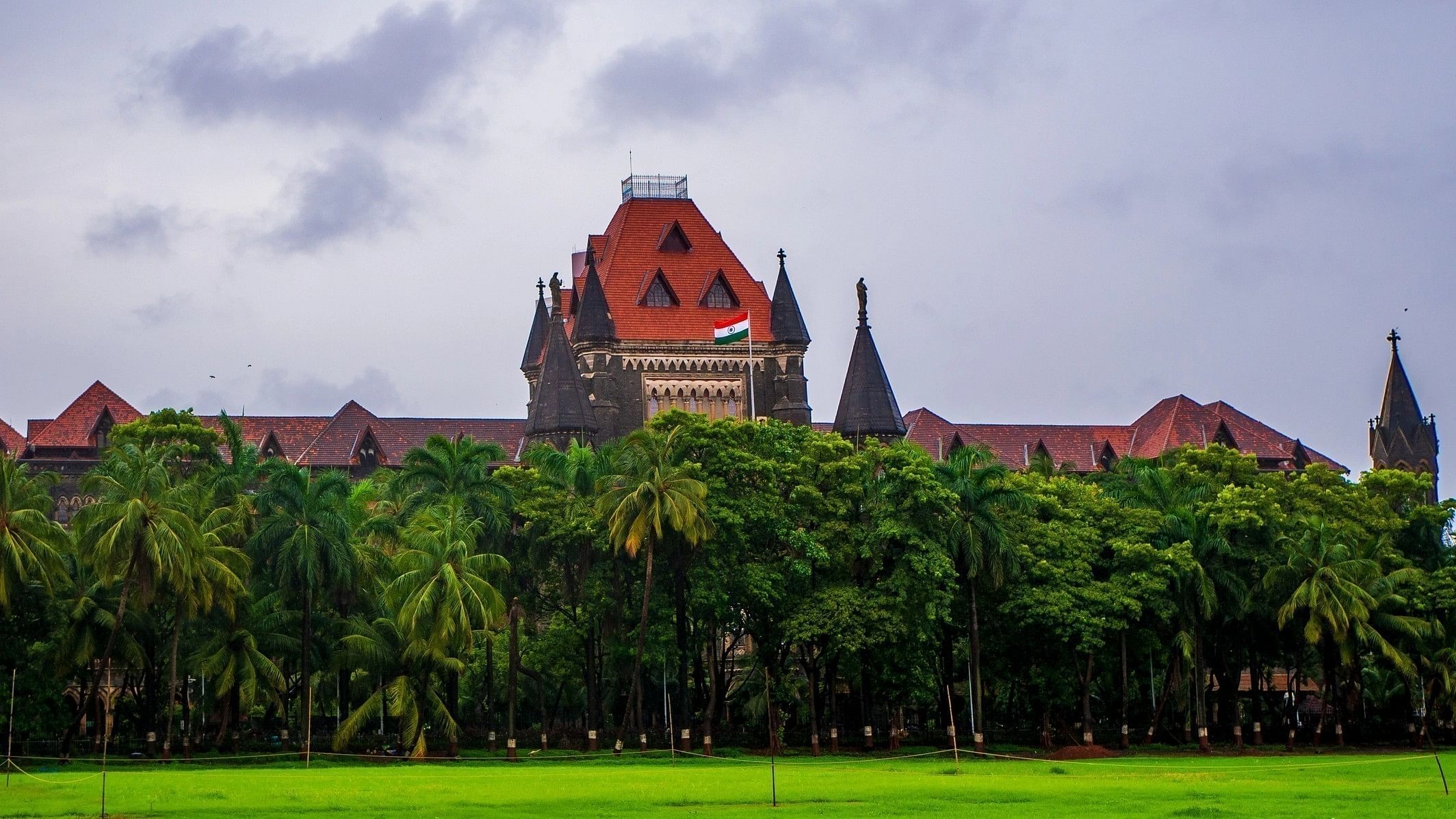
File photo of Bombay High Court.
Credit: iStock Photo
Mumbai: In a major setback to the Centre, the Bombay High Court on Friday struck down the 2023 amendments to the Information Technology (IT) Rules, which empowered the government to identify fake news on social media platforms through a Fact Check Unit (FCU).
Information Technology (Intermediary Guidelines and Digital Media Ethics Code) Amendment Rules, 2023, specifically Rule 3 came under severe criticism from several quarters.
The Rule 3 allowed setting up of FCUs to identify and debunk 'fake and misleading' information about its functioning on various social media platforms.
The rules were challenged before the Bombay High Court by stand-up comedian Kunal Kamra and others.
"I am of the opinion that it violates Article 14 (equality before law) and Article 19 (freedom of speech) of the Constitution of India,” said Justice A S Chandurkar.
In January 2024, a division bench comprising Justice Gautam Patel and Justice Neela Gokhale had given a split verdict.
While Justice Patel ruled in favour of the petitioners and struck down Rule 3, citing concerns about the potential for censorship of user content and the shifting of responsibility for content accuracy from creators to intermediaries, Justice Gokhale upheld the validity of the amended rules, arguing that they target misinformation with malicious intent while protecting freedom of speech.
Subsequently, the Bombay High Court appointed Justice Chandurkar as the tie-breaker judge to hear the case.
During the course of hearings, the petitioners had contended that the amendments were ultra vires Section 79 of the Information Technology Act and violated Article 14 (right to equality) and Article 19(1)(a)(g) (freedom to practise any profession, or to carry on any occupation, trade or business) of the Constitution.